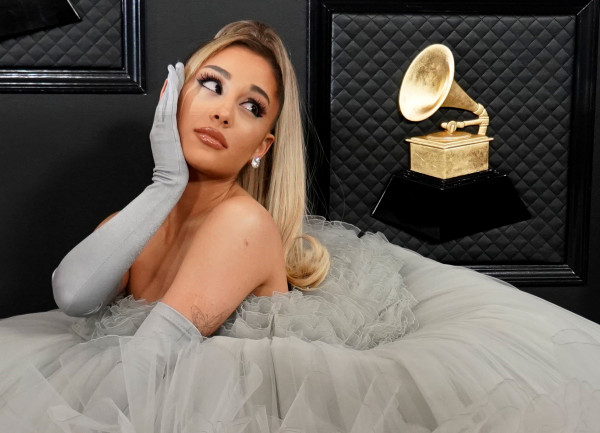Ariana Grande Addresses Criticism Over Voice Change Post-'Wicked' Role

Ariana Grande recently opened up about the criticism she has faced regarding her voice change following her portrayal of Glinda in the upcoming Wicked films. In a candid conversation with Evan Ross Katz on the Shut Up Evan podcast, Grande addressed the backlash and highlighted the disparity in how men and women are treated when they undergo vocal or physical changes for their roles.
Grande, who has been playing Glinda for an extended period, explained that her voice had naturally adapted to the character. "I did just spend a long time playing a character every single day," Grande noted. "[I trained] my voice to do different things for a long time before leaving for London and before any of this; muscle memory is a real thing."
She pointed out the double standards that exist between men and women in the entertainment industry. "I mean, you see male actors; sure, people make jokes here and there as well, but it's always after the fact, 'Oh wow, how dedicated to his craft! What an amazing transformation! He's a brilliant performer!,'" Grande remarked. "But then it's like, god forbid I sneeze like Glinda or something, [then] it's just that I am crazy... it's the weirdest thing."
The controversy began when Grande appeared on Penn Badgley's podcast, Podcrushed. A now-viral clip from the episode showed Grande switching from a low tone to a high-pitched one when discussing her music. This prompted fans to comment on her altered vocal delivery. Grande responded to one such remark, explaining her vocal adjustments. "i intentionally change my vocal placement (high / low) often depending on how much singing i'm doing... i've always done this BYE," she confirmed.
Grande's singing voice has historically differed from her deeper speaking voice. Her portrayal of Glinda, who speaks in a high pitch, required her to maintain this vocal range consistently over two years of filming in the United Kingdom. This prolonged adaptation appears to have influenced her regular speaking voice.
Kristin Chenoweth, the original Glinda on Broadway and one of Grande's childhood idols, has been a significant influence on Grande. Grande saw the original production of Wicked on Broadway with Chenoweth and Idina Menzel in the lead roles. Over the years, Chenoweth and Grande have developed a close friendship. In an interview with Us Weekly, Chenoweth shared the advice she gave Grande after learning she had been cast as Glinda in the film adaptation. "[I told her], 'Do you. Do your Glinda. I did mine. Now it's your turn,'" Chenoweth said. "And I hope that gave her the freedom."
Grande's experience sheds light on the broader issue of gender bias in the entertainment industry. Transformative roles often invite scrutiny, but the nature of the criticism can vary significantly depending on the actor's gender. Grande's defense of her vocal changes underscores her commitment to her craft and her resilience in the face of unwarranted criticism.
As she continues to prepare for her role in Wicked, Grande remains focused on her performance and the opportunity to bring her interpretation of Glinda to life. Despite the backlash, she is determined to stay true to herself and her artistic vision.














